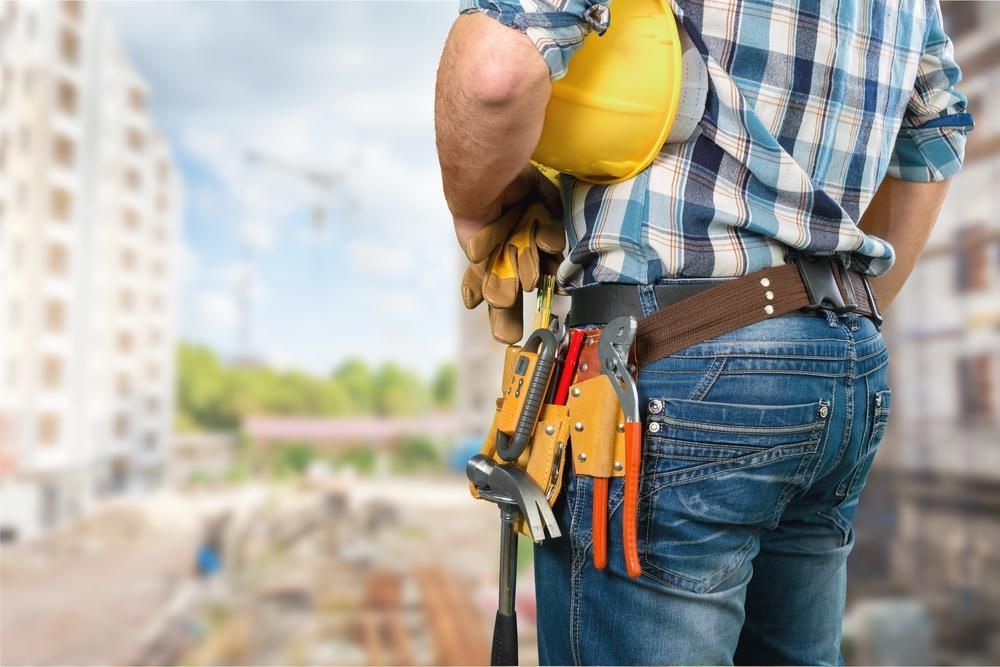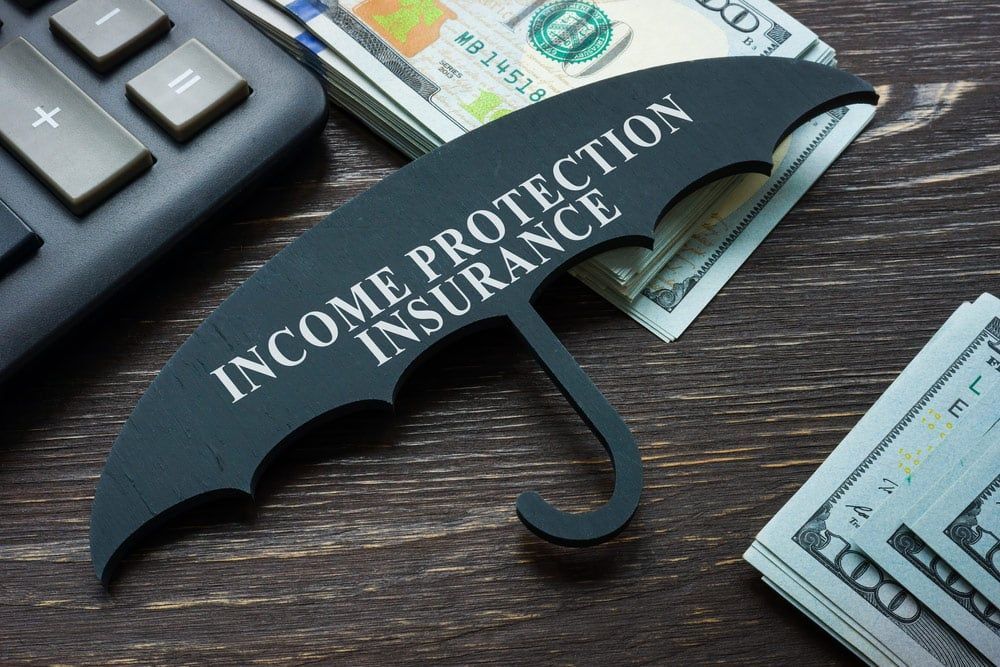The Difference Between Public Liability & Product Liability Insurance
Do you know if your current tradies insurance covers you for both accidents on site and faults in the products you supply? If you’re a tradie or small business owner on the Central Coast, understanding the difference between public liability and product liability insurance could help you avoid unexpected costs and legal issues. While these two types of cover are often bundled together, they provide protection in very different scenarios. In this blog, we’ll explore product liability vs public liability, unpack how each type of insurance works, and explain how they apply to tradies and business owners across the Central Coast and surrounding regions.

Understanding Tradies Insurance on the Central Coast
Tradies face a unique mix of on-site risks, product exposure, and customer interactions. Whether you’re an electrician, plumber, carpenter, or operate a trade-related business, insurance plays a role in protecting your livelihood from claims and interruptions.
Tradies insurance is a broad term that refers to tailored insurance packages that may include cover for tools, vehicles, income protection, and liability. Among the most important components are public liability and product liability insurance, both of which may be required by law or by your commercial contracts.
Understanding these components can help you decide on the level of cover that suits the way you work across the Central Coast and other areas.
What Is Public Liability Insurance?
Public liability insurance provides cover if your business activities cause injury to another person (not your employee) or damage to their property. For tradies, this usually relates to accidents that occur during the course of your work, either on-site or at a client’s property.
Common Scenarios Covered by Public Liability:
- A customer trips over your extension cord and sustains an injury.
- You accidentally damage a client’s flooring while moving heavy equipment.
- A bystander is hurt by falling materials at a job site.
This type of cover is particularly important for businesses that deal with the public or work in spaces they don’t own—something that applies to most tradies across the Central Coast. If you regularly enter client premises or public areas, public liability is a fundamental part of your risk management.
What Is Product Liability Insurance?
Product liability insurance is designed to provide protection if a product you manufacture, supply, or install causes injury or property damage. It covers defects, faults, or failures in the goods you provide—even if you didn’t manufacture them directly.
For tradies who supply or install parts, fixtures, or equipment, product liability may be essential. If something goes wrong with those components after the job is done, your business could be held responsible.
Examples Where Product Liability May Apply:
- A faulty switchboard you install causes an electrical fire weeks later.
- A bathroom fitting supplied and installed by your business leaks, causing water damage.
- A defective part you’ve supplied in a machinery installation leads to injury.
Even if the product was manufactured elsewhere, as the installer or supplier, you may still be legally liable—making this insurance critical for many trade-based businesses on the Central Coast and beyond.
Product Liability vs Public Liability: What’s the Difference?
While requirements vary depending on the size and nature of the business, both types of insurance are highly relevant to:
- Electricians & Plumbers – High risk of property damage or injury during installation and from installed products.
- Builders & Renovators – Often responsible for a wide range of on-site activities and fixtures supplied.
- HVAC Installers – Products such as ducted air systems and gas appliances can pose long-term risks.
- Handypeople & Maintenance Contractors – Regularly enter homes and workplaces, often installing or fixing various fittings.
- Mobile Technicians – Whether it's auto parts or machinery, parts supplied can create potential liabilities.
Whether you operate a sole tradie business or manage a team, having the right liability coverage helps reduce risk while meeting legal or contractual requirements.
Insurance Requirements for Tradies on the Central Coast
Some trade licences and contracts in NSW may require proof of public liability or combined liability insurance. This is particularly common for those bidding on local council jobs, subcontracting under builders, or working in multi-trade projects.
Tradies working across the Central Coast and surrounding areas should consider:
- The nature of your work (e.g. high-risk, public-facing, involves tools or materials).
- The volume of clients or customers you interact with.
- The types of products you supply, fit, or install.
- Your business structure, such as sole trader, partnership, or company.
Because many tradies handle materials or provide finished products, a combined policy that includes both public and product liability may be more practical than choosing just one.
Speak To Our Local Consultant About Tradies Insurance
Public and product liability insurance play separate but equally important roles in protecting trade businesses from financial risk. Understanding what is public liability insurance and what is product liability insurance is key to selecting the right coverage under your tradies insurance plan.
At Coast & Country Insurance Consultants, tradies insurance packages are designed to suit the real-world needs of businesses on the Central Coast and surrounding areas. Whether you’re unsure what level of coverage you need or want to review your current policy, they can help guide your next steps.
Contact us today to review your current liability cover and explore tradies insurance tailored to your trade.















